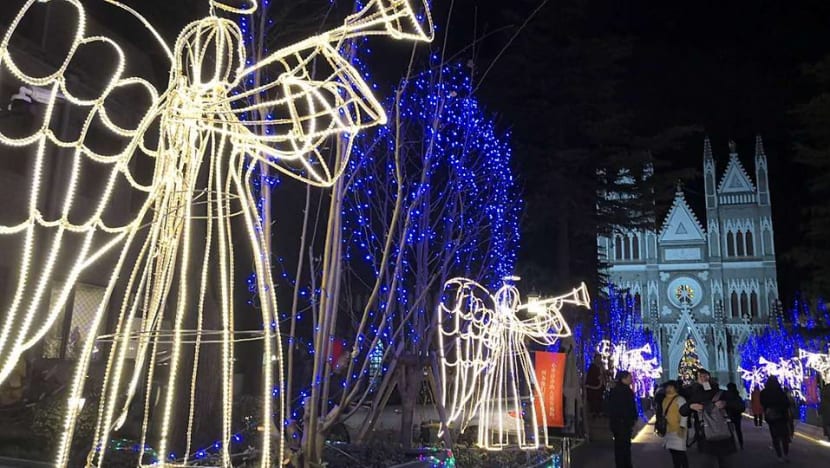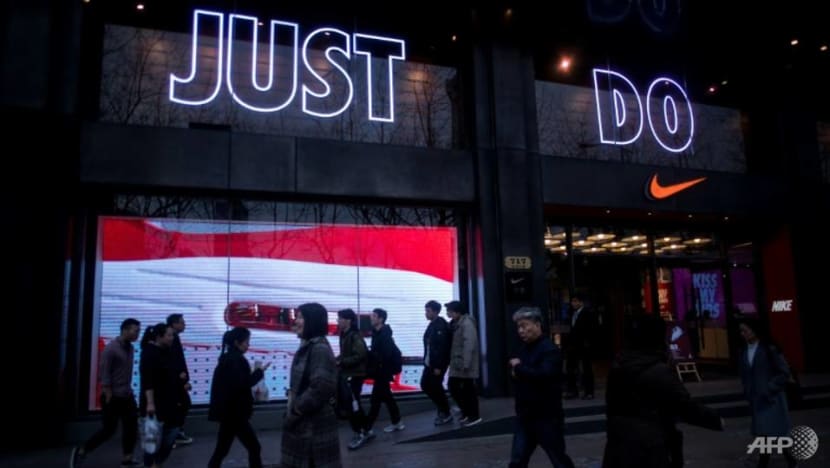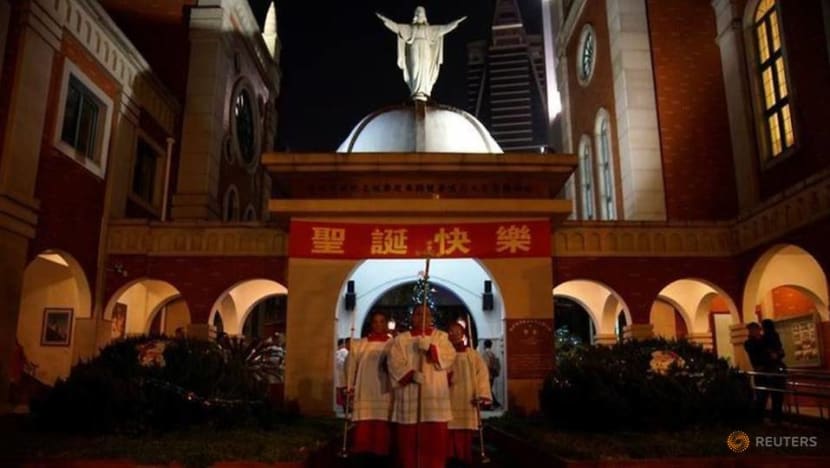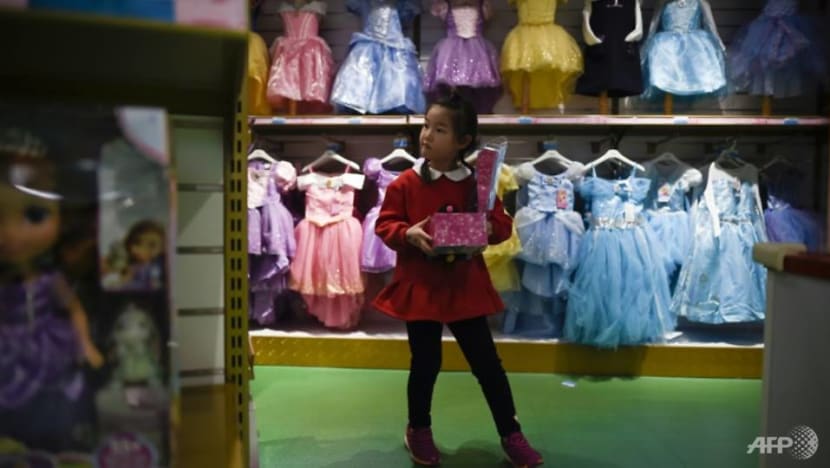commentary Commentary
Commentary: China doesn’t deserve its bad rep over Christmas
Many countries around the world don’t list Christmas as a public holiday yet China is commonly singled out, says Tom McGregor.

North Catholic Cathedral in Beijing. (Photo: Zhou Yawei)
BEIJING: When Christmas comes to China, you can count on the usual litany of international media tales claiming the Chinese government is declaring, “bah humbug” to yuletide joy, yet again.
Because Beijing does not consider Christmas a national holiday, Chinese employees will be working on Dec 25 as if it were a routine day.
But that should not imply the Chinese government is banning Christmas, persecuting Christians or Westerners, or cracking down on religious expression – contrary to many international media outlet claims.
Many countries around the world don’t list Christmas as a public holiday yet China is commonly singled out, with political motivations attributed without grounds. According to Japan’s calendar, Christmas is not listed as a national holiday for that country either.

SENSATIONALIST HEADLINES
Recent news reports ran headlines describing horror tales about China’s crackdown on Christmas.
One newspaper posted a story, Santa Claus won’t be coming to this town, as Chinese officials ban Christmas, which details how Langfang officials at a town in northern China have allegedly banned the sale of Christmas-related items.
Yet when reading the article, you uncover these two paragraphs:
A worker at the management office said in an interview, however, that the ban was not specifically aimed at festive products, but rather the sale of goods on the street.
'We don’t allow shops to place their products out in the street, even if it is fruit or perfumes,' said the woman, who asked not to be named. ‘It’s not just during Christmas.
The fact is that Chinese police on patrol in cities nationwide are required to sweep out street merchants from selling goods without proper registration permits. The fact also is that registered shops, including retailers in Langfang, are permitted to sell Christmas items and decorate their shops with plenty of holiday cheer.
READ: Why Crazy Rich Asians was the last movie China wanted to watch, a commentary
THERE IS CHRISTMAS MASS
Christians are permitted to attend worship services on Christmas Day, but only registered churches can hold religious services, which are formally recognised under the Patriotic Association of Churches. Those not registered are considered illegal.
Attending a Catholic Mass at a registered Church still remains meaningful for all those in attendance, myself included.
In past years at the South Catholic Cathedral in Beijing, crowd figures for all masses combined – Christmas Eve and Christmas Day – routinely totaled more than 50,000 Chinese Catholics in attendance.
This year, the church is undergoing renovations but that doesn’t stop anyone from going past the North Catholic Cathedral, which has re-opened a few months ago after remodeling. Visitors, Catholic and non-Catholic, can admire its grand facade. Walking inside the church allows one to take in an atmosphere of spiritual sanctity and personal sanctuary.

Let's not forget also that not all Americans say: “Merry Christmas”.
One can make the argument that the Chinese government does not fully embrace Christmas, but it is not so different when in many countries, especially in the Western world, you often hear complaints from the politically correct arguing that wishing anyone “Merry Christmas” should be forbidden since Christmas should also be embraced as a secular holiday since it has become a feature of the year-end season.
When you think about it, Chinese professors and schools that criticise Christmas for being “too Western” do not differ much from Western professors who denounce Christmas for its “crass consumerism”.
There are contestations between those who want Christmas to be celebrated as a Christian holiday that embodies their religious beliefs and those who want the Christmas season to be enjoyed by all without any religious overtones.
The State University of New York-Brockport has published guidelines discouraging students from participating in any Secret Santa gift exchange, while decorations “displayed in public areas” should “be secular in nature.”

VISITS TO THE ‘NORTH POLE’
Regardless, how China treats Christmas often gets an undeserving bad rep. Perhaps one burning question is, how do Chinese leaders treat Christmas?
Chinese President Xi Jinping visited Santa Clause in Rovaniemi, Finland when he was serving as Vice President of the nation in 2010. When touring Santa’s Village for a reporting trip last August, many Chinese citizens and I saw the photo firsthand of Xi sitting with Santa – and moved on.
“We see huge crowds of Chinese come to Finland’s North Pole during Christmas time,” said Sanna Karkkainen, director of Visit Rovaniemi tourist agency. “They started to come in huge numbers after it was made public that Xi had visited Santa here.”
So it seems even President Xi doesn’t take what news reports might say about China’s treatment of Christmas too seriously and enjoys Christmas himself.
And so as we welcome Christmas this year, it's good to know that many Chinese citizens, including government officials, do wish you and all a very Merry Christmas.
Tom McGregor is a commentator on Asia-Pacific affairs based in Beijing.














